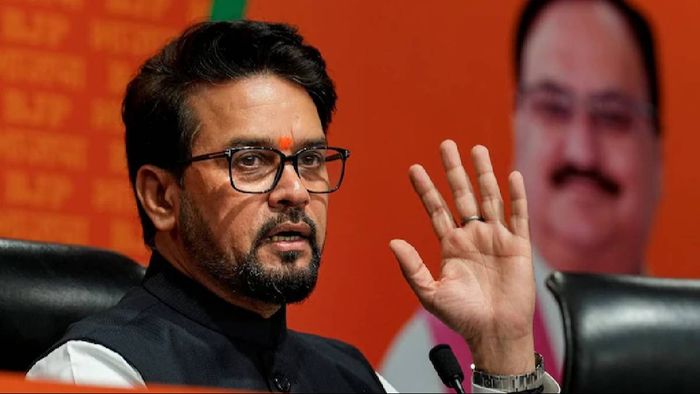Centre introduces draft of Broadcasting Services (Regulation) Bill, aims to establish advisory council
The Central Government has unveiled the draft of the Broadcasting Services (Regulation) Bill, intended to establish a regulatory framework in tune with the sector's technological evolution

- Nov 28, 2023,
- Updated Nov 28, 2023, 8:34 AM IST
The Central Government has unveiled the draft of the Broadcasting Services (Regulation) Bill, intended to establish a regulatory framework in tune with the sector's technological evolution. A notable feature of the proposed amendments is the formation of a Broadcast Advisory Council for decision-making, to be headed by a person having at least twenty-five years of experience in media, entertainment, or broadcasting.
The committee will include five officers nominated by the central government from various ministries, and five independent individuals with proficiency in media, entertainment, broadcasting, child rights, disability rights, women's rights, and human rights law.
The Broadcast Advisory Council will be empowered to impose financial penalties, with fines relative to the entity's financial capacity. It will also have the authority to confiscate equipment if there is suspicion of contravention of the Act's provisions, rules, or guidelines.
The bill introduces terms for the suspension or revocation of registration by the Registering Authority in case of terms and conditions violations. Broadcasters will now be mandated to keep accurate and updated records of subscriber data, undergo regular external audits, and adhere to technical measures to ensure subscriber data's accuracy.
The government is set to allow Centre or authorised officers to inspect broadcasting networks and services, according to a new draft bill. Operators will be required to provide necessary equipment and facilities for lawful interception or continuous monitoring.
However, no prior permission or intimation will be needed for this inspection. The proposed legislation also encourages self-regulation by broadcasters and broadcasting network operators, with the Content Evaluation Committee (CEC) playing a key role. Broadcasters will be required to air only those programs certified by the CEC, and must inform the government and publicise CEC members' details on their website.
Authorised officers can prohibit the transmission of programs or operation of broadcasting networks if deemed necessary for public interest. The bill covers cable, radio, terrestrial and IPTV broadcasting network operators. The I&B Ministry is inviting feedback on the draft bill from stakeholders for the next 30 days. The bill is unlikely to be presented in the upcoming Parliament session starting December 4, sources told India Today TV.